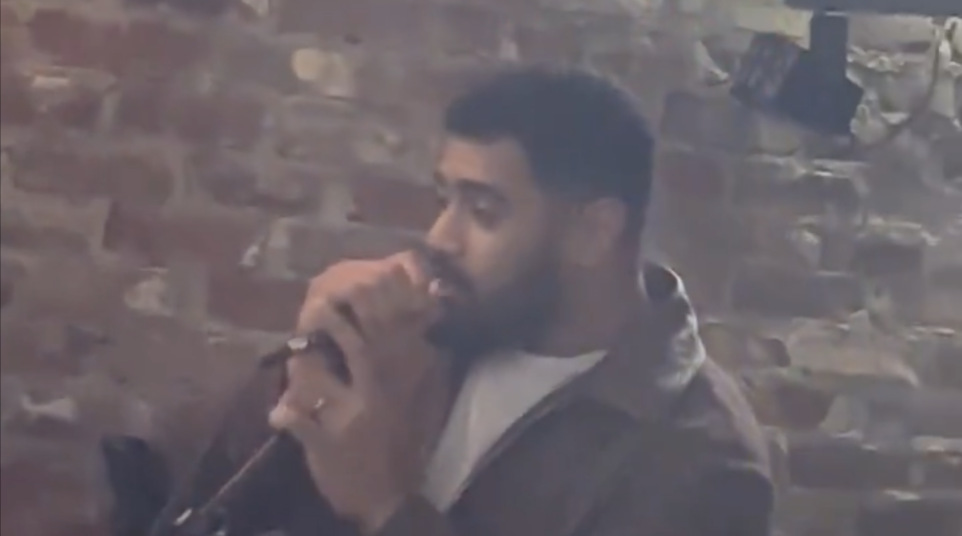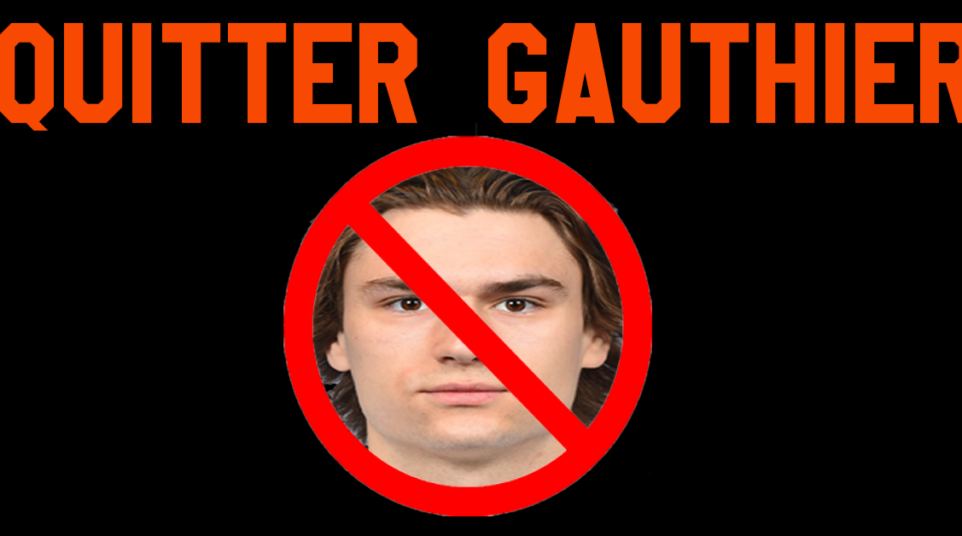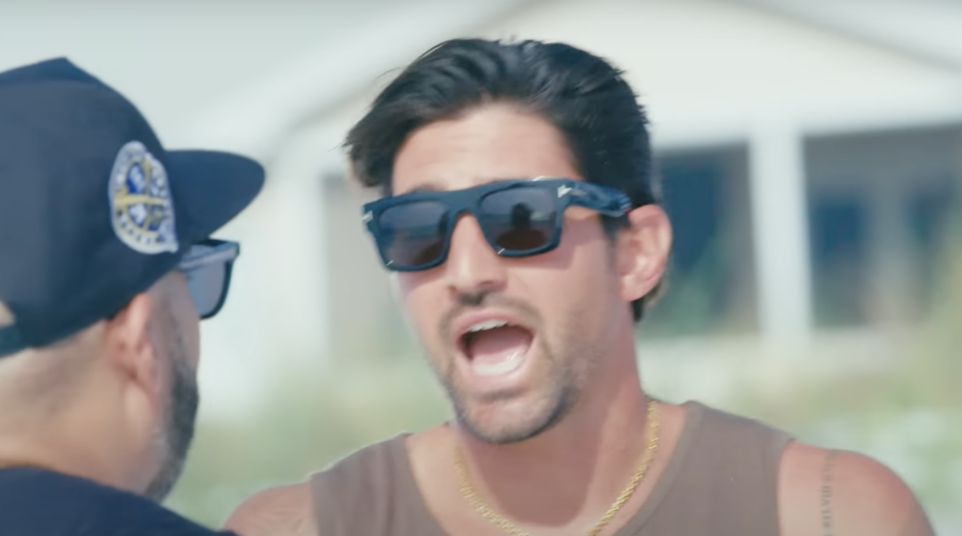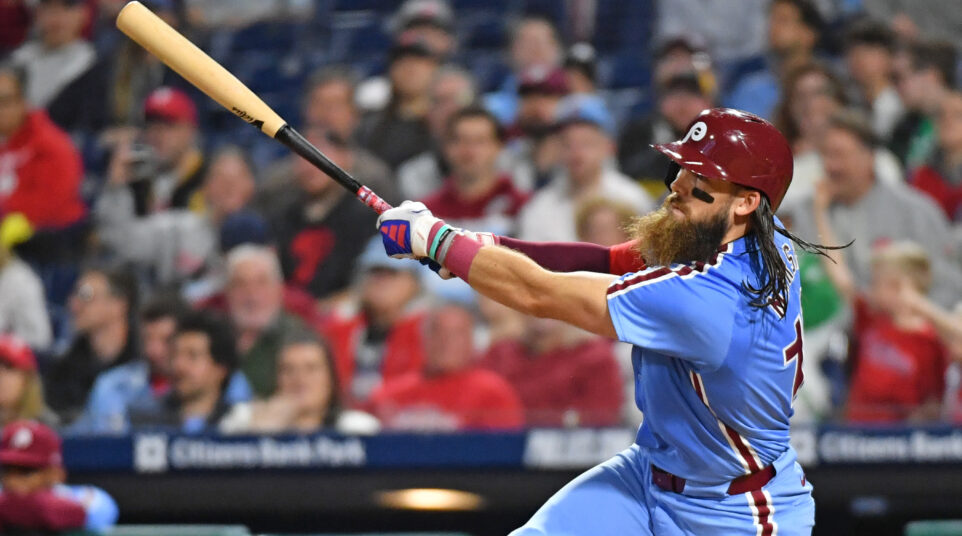
Jack McCaffery Snubs Curt Schilling, Votes for Rollins and Howard in Widely-Panned Hall of Fame Ballot
The mountain Curt Schilling must climb this year to gain access to Cooperstown got a little steeper this year, courtesy of a local scribe who serves as a Baseball Writers’ Association of America (BBWAA) Hall of Fame voter.
Jack McCaffery of the Delaware County Daily Times completed his ballot and wrote a column explaining his choices. Phillies fans will be pleased to know that Ryan Howard, Jimmy Rollins, and Bobby Abreu all passed muster for McCaffery. However, he left off Schilling, the ace of the ’93 Phillies staff, despite voting for him last year:
https://twitter.com/NotMrTibbs/status/1464765168848556032
Of Howard and Rollins, McCaffery writes:
They were cut-above superstars for a NL East dynasty, ultimate professionals, big-game performers, steroid-free competitors who not only generated statistics as alluring as many already in the Hall of Fame, but never brazenly broke a rule. In the case of Howard, he belonged in the Hall of Fame alone for running out a ground ball to end a playoff series with one of his Achilles tendons dragging six feet behind.
Everyone can agree that both Rollins and Howard were key cogs in the machine that drove the Phillies through their most recent window of contention from 2007-2011. The Big Piece took home MVP honors in 2006, and J-Roll followed up by securing the honor in 2007, a season that also marked the Phillies’ return to the postseason for the first time since their charmed run to the 1993 World Series.
There was no player in baseball as dialed in as Ryan Howard in 2006. He ended the year boasting a .313 batting average, with 58 home runs to go along with 149 RBI. Major League Baseball was just beginning to reckon with the steroid era, and Howard emerged at the right time to serve as a palate cleanser who washed away the bad taste brought on by the juicers who powered baseball’s power surge in the ’90s and early ’00s.
If there is one clip that could capture the danger that Howard posed at the plate, it might be the video of the Phillies slugger clubbing three home runs in a row off of Braves starter (and fellow Hall of Fame candidate) Tim Hudson for numbers 50, 51, and 52 on the campaign:
Of course, the question with Howard is, was he good enough for long enough to deserve enshrinement in Cooperstown? The answer for McCaffery is yes, but it will be surprising if the majority of his colleagues agree. It is no coincidence that the end of the 2011 season, in which Howard tore his Achilles in the final at-bat against Chris Carpenter and the St. Louis Cardinals in Game 5 of the NLDS, would simultaneously close the window on the Phillies’ and Howard’s era of dominance. Ryan Howard was never the same player after that devastating injury, and the Phillies were never the same team.
For his part, Jimmy Rollins had a better record of longevity than his teammate. His defensive skills were underappreciated by some national analysts of the day, but the fans who got to watch him daily certainly came to love the stability Rollins provided in the middle of the infield. The four Gold Gloves and four seasons of ten defensive runs saved speak for themselves, as does the fact Rollins was asked to hold down the responsibilities of hitting leadoff and setting the table for arguably the most dangerous lineup in Phillies history.
And, when it mattered most, Rollins had a habit of delivering a timely hit. J-Roll’s clutch double with 2 outs in the 9th inning of Game 4 of the 2009 NLCS was a pivotal moment in a series that could have gone either way. The difference between the Phillies and Dodgers that year ended up being simple: the Phillies had Jimmy Rollins, and the Dodgers didn’t.
Rollins will likely attract more votes than Howard and is probably the better bet to make it to Cooperstown eventually, but neither player is a surefire bet. Meanwhile, sabermetrics darling Abreu barely made the 5 percent threshold to remain on the ballot last year, and it is highly unlikely he will ever gain enough traction to achieve entry via the BBWAA ballot.
The most baffling selection, or rather non-selection, on McCaffery’s ballot is Curt Schilling, who in recent years has been knocking on the door but not quite hitting the 75% mark required to cross the threshold to bronze immortality.
In his explanation of the “curious case of Curt Schilling,” the only curiosity that emerges is McCaffery’s twisted logic defending his removal of Schilling from his ballot:
Begin with the curious case of Curt Schilling, who received 285 votes last season – including one from right here – before falling 16 votes short of election. It was at that point, in the grand spirit of ignorance that dominated the Phillies’ clubhouse in 1993, Schilling chose not to try to appeal to those final 16 voters but to insult the first 285. He said he didn’t want to be elected by the baseball writers, anyway, and would prefer to be chosen later by some old-timers’ panel. No problem, C.S. Happy to oblige. Consider one vote lost. And ask yourself: Why have those ancient sages never elected Mickey Vernon, who should have been elected 15 years before your first pitch?
Notwithstanding McCaffery’s defense, it simply makes no sense to exclude Schilling in this, the final year of his eligibility for Hall of Fame enshrinement through the conventional route. There is no need to play the game of comparison to some other slighted ballplayer, a favorite of the graybeards who stand as self-appointed sentries protecting the sanctity of Cooperstown. And there is no need to indulge Schilling’s diatribe on Facebook, the favored medium of whiny Boomers in the social media age, in which he publicly requested his removal from consideration this year in order to be judged by the Era Committee (formerly known as the Veterans Committee). There is no need to scream about the lack of importance of wins for a pitcher, a statistics hobby horse for the antediluvian writers who refuse to embrace the value of advanced statistics, or to point out Schilling’s sterling pedigree in the postseason.
There is no need to bring up the fact that Schilling stands 26th on the career Wins Above Replacement (WAR) list for pitchers, and that every pitcher ahead of him has been inducted with the exception of Roger Clemens, who resorted to performance enhancing drugs to lengthen his career and sustain his dominance. There is no need to bring up Schilling’s brilliance in the ’93, ’01, and ’04 playoffs. There is no need to bring up Schilling’s 3,116 strikeouts or his reputation as an innings-eating workhorse. There is no need to raise the fact that Schilling labored through the teeth of the Steroids Era, pitching to hitters and against fellow pitchers who were cheating the game, a fact that is always held against the cheaters but never seems to be considered in evaluating the performance of players who avoided taking the easier path.
No need at all. McCaffery needs no convincing of Schilling’s case for the Hall of Fame because he was already convinced – last year. The only difference is that this year, McCaffery is allowing pettiness – both Schilling’s and his own – to cloud a judgment that he deems in his article to be both objective and better than any alternative option.
You don’t need to sit through a college philosophy class examining epistemology to learn that human beings are utterly incapable of objectivity. You just need to witness the annual intellectual dance baseball Hall of Fame voters perform each year in justifying their choices. McCaffery is no exception, and his article is an unintentional testament to the dysfunctional process that governs Hall of Fame admittance. It only seems to continue in its existence through a combination of institutional inertia and approval from a media class that might otherwise raise the alarm, but seems to enjoy the professional validation that the process provides.
Is Curt Schilling a jerk with often incoherent and frequently toxic political views, a person whose opponents do him a favor by letting him get away with the canard that his outlandish opinions represent half the country? I would say so. But the difficulty of confronting Curt Schilling the person is too large a project for this writer, and any argument touching on politics today tends to attract an element of folks who like to pitch their tent on the moral high ground. Nuance is a plant that does not grow in those parts, and it is frequently avoided by those who immerse themselves in the outrage culture that has come to define political discourse.
There is simply no way to gently raise the issue that a former George W. Bush and John McCain supporter, a self-proclaimed patriot who criticized opponents of the Iraq War, seamlessly transitioned to supporting Donald Trump, a politician who was a vocal critic of Bush, McCain, and Iraq, and the architect of a baseless voter fraud conspiracy that undermined the integrity of the most recent election. To do so would be to wade into a pool of cognitive dissonance in which most people refuse to swim, and that’s fine. Because there are also plenty of other folks on the other side of the ideological ledger who will gladly condemn Curt Schilling as a rotten human being, either failing to consider or brushing aside as inconsequential a record of substantial humanitarian achievement. Schilling has been committed to fighting for ALS patients since his time with the Phillies, and his efforts in this area were recognized when he won the Roberto Clemente Award in 2001.
It’s not worth the time or energy to delve into these areas, not in this age of rage. And it doesn’t matter as it relates to the matter at hand, which is the evaluation of Curt Schilling’s Hall of Fame worthiness. There should be no reason in an “objective process” to politick for votes, as McCaffery suggests Schilling ought to have tried. He’s either good enough or not, no matter what he posts on Facebook or rants about on Twitter. Denying Schilling entry for any reason other than on-field performance validates his persecution narrative and exposes a system in dire need of reform.
Curt Schilling has a martyr complex. He has painted the impending death of his Hall of Fame candidacy as the product of a rigged jury, and the BBWAA seems content to play its part in the melodrama. What voters like McCaffery do not seem to realize is they are unintentionally passing judgment on their future involvement in the selection process.
Cooperstown’s gates should remain high, but it is past time to find new gatekeepers.
Kinkead: I’d just add that Jack is getting hammered on social, worse than Jim Salisbury after the 7th place Juan Soto MVP vote. In response to the tweet Tim shared above, there are 828 quote tweets and numerous negative replies.





